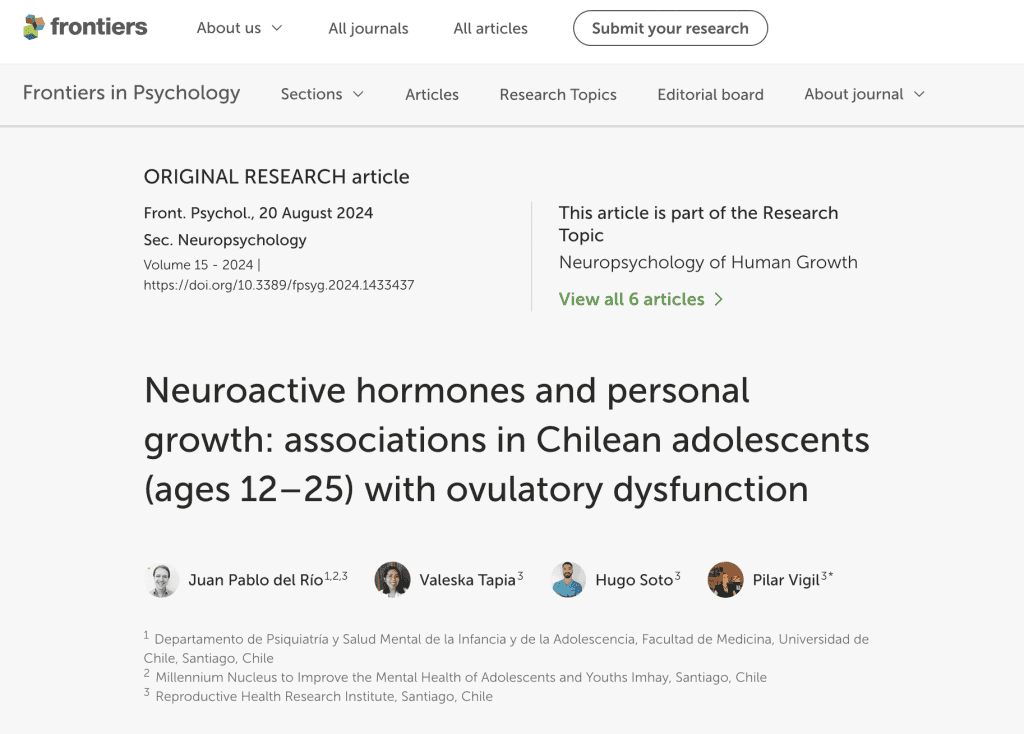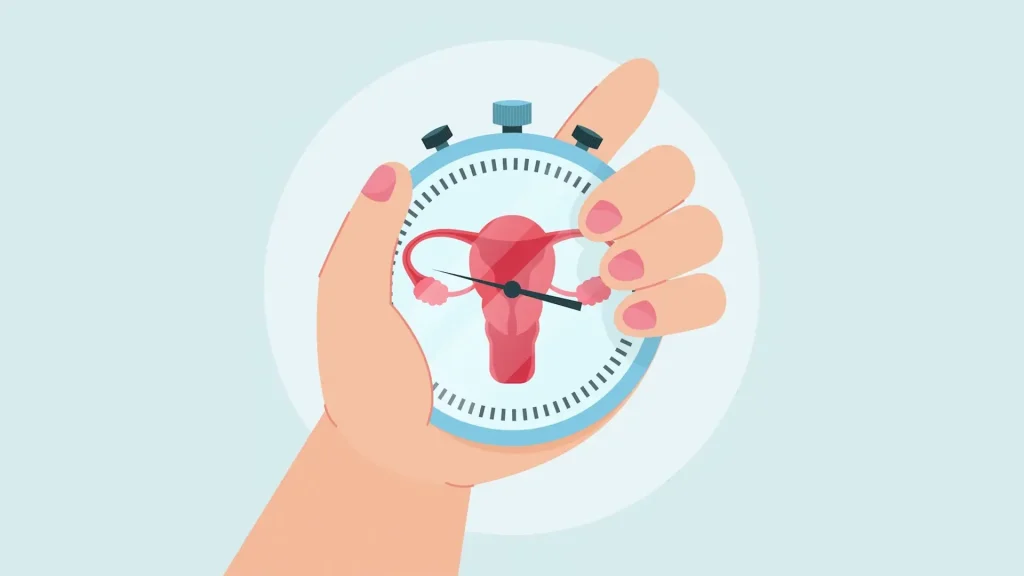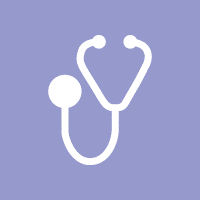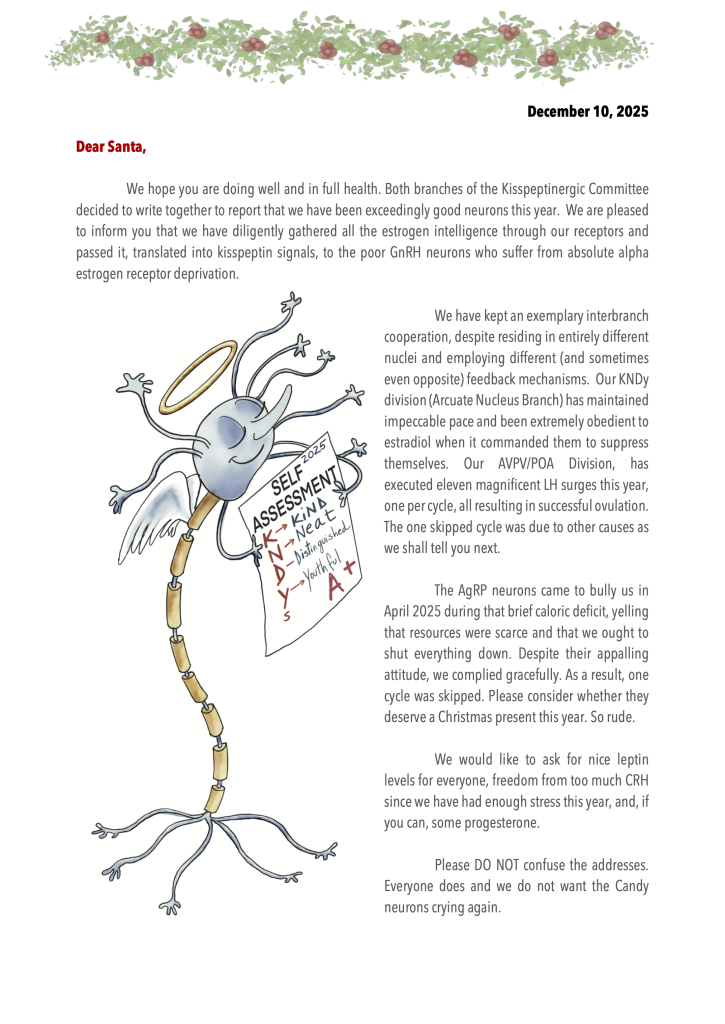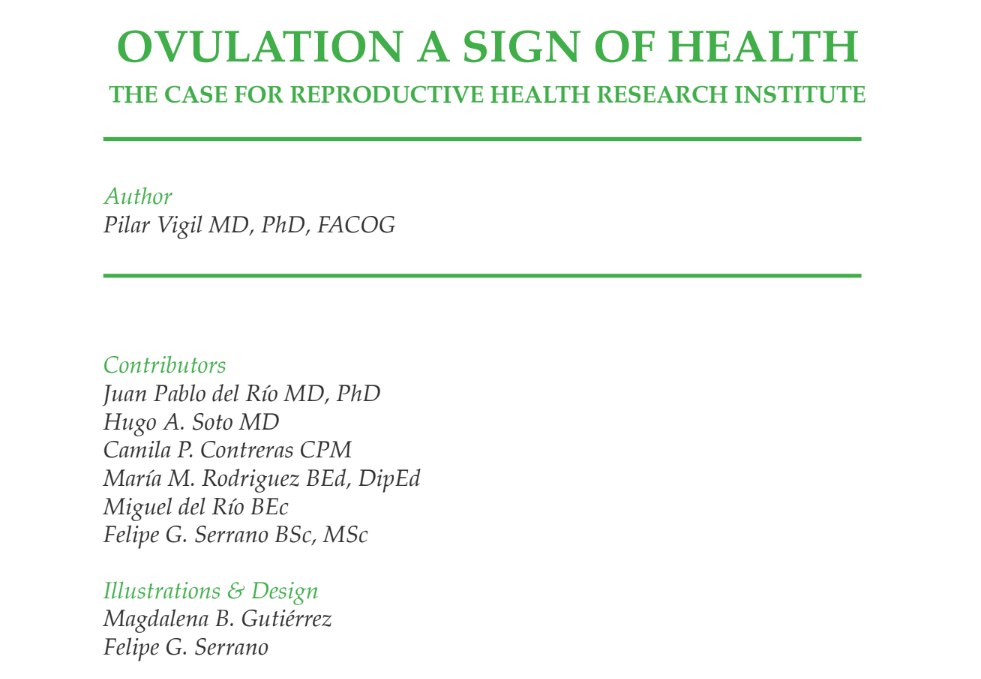Abstract
Introduction: Hormones produced by the hypothalamic–pituitary–adrenal-gonadal (HPAG) axis are crucial for modulating central nervous system (CNS) function and development throughout a person’s life. Disruptions in HPAG function can impact psychological development, particularly during adolescence—a period marked by psychological growth and the maturation of the HPAG axis. An early indicator of HPAG alterations is ovulatory dysfunction (OD), a common condition among adolescents.

